Despite strict measures that the government is in the fight against corruption, there are still quite often situations in the territory of Russia, when the PDD violator offers traffic police to "solve the problem in place". Unfortunately, there are representatives of law enforcement agencies that are going towards such unlawful proposals, thereby making an official crime. One of the key causes of such actions is the low legal literacy of the car owners, as well as the ignorance of the degree of legal liability for bribing the official and inciting bribes. About this further in the article.
Content
- What is a bribe what the law says
- What is a small bribe
- What is a significant bribe
- What is a big bribe
- What is a particular big bribe
- Illegal reward and bribe, is there any difference
- What punishment expects a traffic police officer for receiving a bribe (in detail, depending on the size of the bribe)
- How to punish a person who gives a bribe the traffic police officer (in detail, depending on the amount of bribes)
- As a police security service monitors the cottage and the moment of receiving a bribe
- Signs of extortion and incitement of traffic police officers at the cottage of bribes
- As a driver can progress and prove extortion
- Tips Prof.
What is a bribe what the law says
The bribe is the illegal monetary or other material remuneration of civil servant for non-fulfillment of natural or for the implementation of unlawful actions in favor of the violator of the law. The implementation of mutual criminal actions is favored by the possibility of communicating alone with the traffic police officer after stopping the vehicle. The main purpose of transferring a bribe is the driver's desire to quickly resolve the problems without issuing a protocol and other official events.
Both the provision of bribes and its receipt is a crime, the degree of responsibility of which depends on the size of the remuneration. There are four categories of bribes that differ in the size of the proposed sums.
What is a small bribe
A small bribe is an illegal monetary remuneration, the size of which does not exceed 25 thousand rubles.
What is a significant bribe
Significant is considered a bribe within 25-150,000 rubles.
What is a big bribe
Large is a bribe of more than 150,000 rubles.
What is a particular big bribe
The bribe is considered particularly large, if its size exceeds a million rubles.
Illegal reward and bribe, is there any difference
The principal difference between the concepts of illegal remuneration and the bribe is not. In essence, the bribe is an illegal remuneration.
What punishment expects a traffic police officer for receiving a bribe (in detail, depending on the size of the bribe)
In art. The 290 of the Criminal Code is described in detail the degree of punishment of officials for accepting illegal remuneration, the severity of which largely depends on the amount of bribes:
- The unlawful remuneration of small sizes, obtained by the traffic police inspector, threatens to use such punishment measures:
1. Forced attraction to public works under five years old with prohibition to work in state structures in some posts for a period of 1-3 years.
2. The imposition of a fine in a 20-50-fold value from the adopted amount of bribes with the prohibition of work in some state positions for a period of 1-3 years.
3. Decision of freedom to 36 months simultaneously with the accrual of a fine in a 20-fold value from the amount of remuneration received. - The bribe of significant sizes received by the DPS employee entails such types of responsibility:
1. The imposition of a fine in a 30-60-fold value from the value of remuneration with the limitation of the right to work in some state positions for 1-3 years.
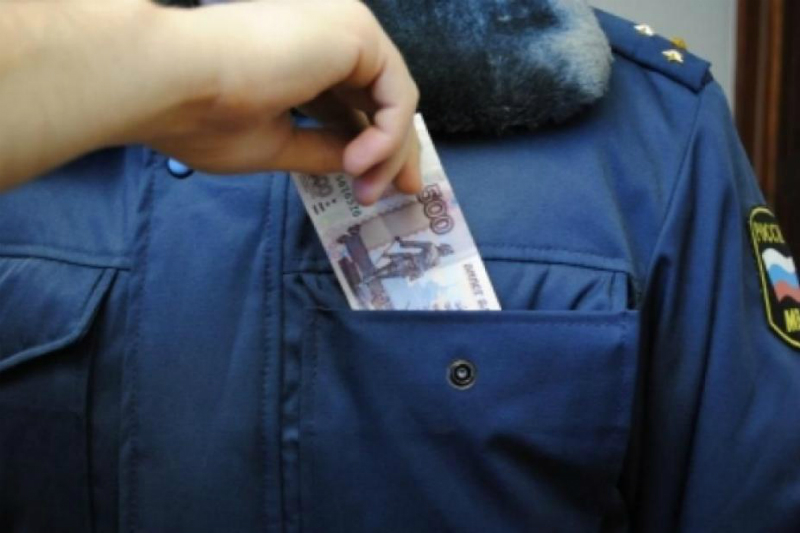
2. Deprivation of freedom for up to six years simultaneously with the accrual of penalties in a 30-fold amount of the value of the remuneration received. - A bribe in large sizes adopted by a public person entails an even tougher punishment in the form:
1. Penalty in 70-90 times the value from the amount of the bribe received.
2. Deprivation of freedom for 7-12 years together with the accrual of a fine in a 60-fold value from the amount of remuneration and deprivation of the right to work in some state positions for a period of 1-3 years. - Illegal remuneration in particularly large sizes received by a police officer from the PDD violator, fraught with the maximum measures of criminal and administrative responsibility:
1. The imposition of penalties in an 80-100-fold amount from the value of remuneration with imprisonment to work in some posts in the period of 1-3 years.
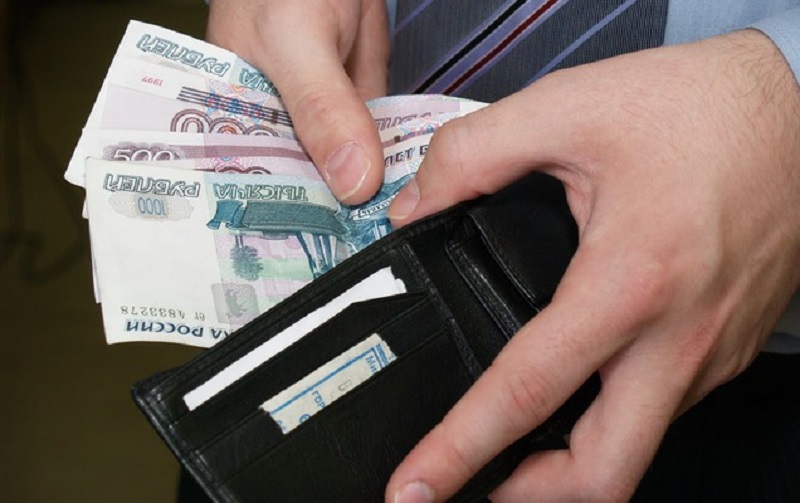
2. Decision of freedom for 8-15 years together with the recovery of the cash fine, in a 70-fold value from the amount of bribes.
As you can see, the more the amount of the resulting bribe, the stronger the degree of legal responsibility of the official.
How to punish a person who gives a bribe the traffic police officer (in detail, depending on the amount of bribes)
Article 291 of the Criminal Code of the Russian Federation, it was noted that the cottage of bribes to officials is criminalized by action and entails criminal liability, the degree of which is influenced by the size of the transmitted illegal remuneration.
- The illegal remuneration of small sizes, transmitted by the traffic police inspector, is punishable:
1. The fine in the 15-30-fold value from the amount of bribes.
2. Forced operations in the period of 1-3 years.
3. Under two years with the imposition of penalties, ten times higher than the magnitude of the bribe. - The bribe, transmitted by the traffic police inspector, significantly leads to such a punishment:
1. Monetary fine in a 20-40-fold value from the sum of the transferred illegal remuneration.
2. The deprivation of freedom for 1-3 years simultaneously with the accrual of the fine, to fifteen times the value of the bribe. - An illegal remuneration transmitted in a major amount entails the offensive of such criminal liability:
1. The imposition of penalties in a 60-80-fold value from the sum of the transferred illegal remuneration with deprivation of the right to work in some posts in the period of 1-3 years.
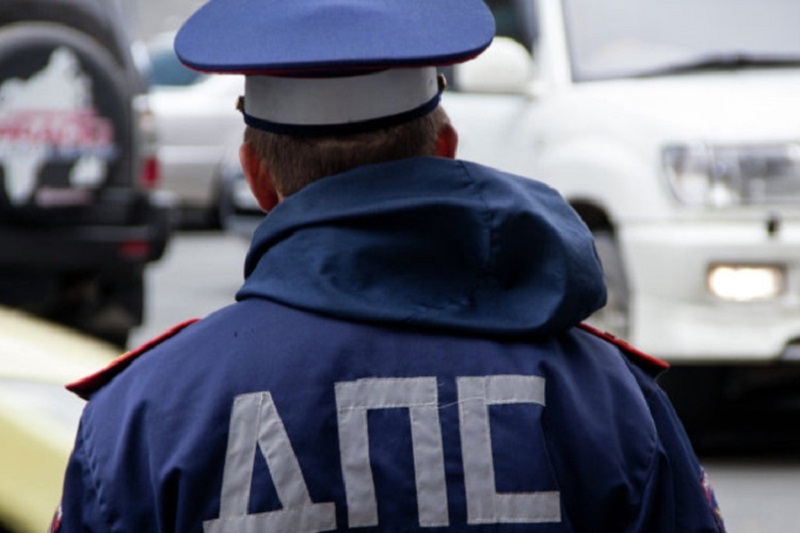
2. Decision of freedom for 5-10 years with imposition of a fine in a 60-fold value from the amount of bribes. - A bribe, which falls into the category especially large size is punishable in this way:
1. Penalties in a 70-90-fold value from the amount of transmitted illegal remuneration with imprisonment to work in some posts for 1-3 years.
2. The deprivation of freedom for 7-12 years with the imposition of a fine in a 70-fold value from the value of a bribe.
As a police security service monitors the cottage and the moment of receiving a bribe
To date, the own security service everywhere equips the mobile and stationary DPS posts with specialized controls (listening devices, voice recorders, cameras), with which the fact of transferring bribes is easily detected. The driver should incur a double punishment - not only for the gift of bribes, but also for violation of traffic rules. Avoid double punishment a motorist can, providing the fact of extortion of illegal remuneration on the part of the traffic police inspectors.
Signs of extortion and incitement of traffic police officers at the cottage of bribes
Signs of extortion and incitement from DPS inspectors are:
- Intended slowness during the compilation of the protocol.
- A detailed and colorful description of the maximum permissible punishment for the traffic ruffle perfect by the motorist.
- The coherent distribution of roles between DPS inspectors: one stops the car and imitates the design of the protocol, and the other hints the car owner to solve the problem with the help of money transfer.
As a driver can progress and prove extortion
For what purpose is the incitement of bribes - or receiving money remuneration, or the punishment of bribes is almost impossible. There is an opportunity to run into the raid of OBEP workers who work under the guise of DPS inspectors or together with them, and fix the giving illegal remuneration with the help of special equipment.
It is not rare the police apply in communicating facial expressions and gestures to transfer information about the amount of remuneration, for example, showing a certain amount of fingers, where each finger means a hundred rubles. Similar actions, as well as intentional voices, indicate that the traffic police inspector is used to record audio equipment dialog. If a policeman talks about the sons of bribes on low colors, the possibility of recording a conversation is small here, but it is impossible to completely exclude it.
For the suspension, the car owner can carry a voice recorder at hand, which must be imperceptible to turn on before talking to the inspector. The record will be proof in favor of the motorist during a trial. But for this, it should contain a direct question of the car owner (wish you to pay you in place?), Addressed to the traffic police officer, with a certificate answer to this question.
In such a situation, the judge, as a rule, frees the driver from responsibility for the transfer of illegal remuneration according to the note to Art. 291 of the Criminal Code, which resolving it under the presence of extortion of bribes. Keep in mind that an ordinary citizen, unlike inspectors, does not need a special permit from officials to apply the recorder. However, in order to avoid charges in the entry of the record, use the non-digital voice recorder, but analog.
Tips Prof.
If the driver will want to punish an employee of the DPS, after the forced giving of an illegal remuneration, he has the opportunity to write a statement about this to any police station, indicating the amount of bribes transferred and its breast number. At the same time, do not forget to mention that the DPS officer extorted an illegal remuneration. Such an action is considered an appearance with a guilty that frees the driver from responsibility for the transfer of a bribe inspector.
Related Materials
- Stove 2110, bad warm stove 2110, VAZ 2110 heating system, repairing the heating system VAZ 2110 with their own hands
- VAZ 2114 stove blows with cold air, stove 2114, bad warm stove VAZ 2114, device and repair of heating VAZ 2114 do-it-yourself, removing the stove VAZ 2114
- How to subdominize the car. How to put a jack. Types of jacks for cars.
- VAZ 2109 Fuse Block, VAZ 2109 Fuse Block Carburetor, VAZ 2109 Fuse Block Injector, Old VAZ 2109 Fuse Block, VAZ 2109 Fuse Block, VAZ Fuse Block 2109
- Car exhaust gas catalyst, faulty catalyst, pluses and cons of the catalyst, how to change the catalyst for the planeencitel
- Stove blowing cold air VAZ 2114, badly blowing the stove VAZ 2114, why badly blowing the stove VAZ 2114
- How to find out the owner of the car by the number of his car, check the car by the number of the traffic police machine, check the car by the state number of the car for free
- How to choose Used tires, Useful Tips
- Winter car road, pressure in passenger car tires in winter, good battery for the car in winter, whether to warm the car in winter
- In winter, the car is poorly started. How to make a car in winter, do you need to warm up the car in winter, useful tips
- Economy fuel consumption machines, the most economical car consumption
- Tires brands for passenger cars, labeling of car tire labeling, residual passenger car tire protector, how to pick a tire on a car brand, car tire tread pattern
- Working transmission operation, mechanical gearbox clutch work, driving with manual gearbox, useful tips
- Rear beam Peugeot 206 sedan, rear beam device Peugeot 206. Rear beam Peugeot 206 Malfunction, repair of the rear beam Peugeot 206
- Diesel fuel in winter, additive for diesel fuel in winter, how to choose the best diesel fuel
- Diesel winter does not start. How to start diesel in winter, heating diesel in winter.
- Japanese bridgestone tires, winter studded bridgestone tires, bridgestone tires brand
- Tire marking decoding for passenger cars, labeling wheels, how to choose the right tires on the disks
- Diesel engine in winter, launch of the diesel engine in winter, what oil to fill in a diesel engine in winter, useful tips
- LED backlight of the car, the backlight of the bottom of the car, the backlight of the legs in the car, the backlight in the door of the car, the backlight of the car is fine
- Recovered tires, bus tire, restored tire protector, can I use them
- Choose winter tires, which is a winter tires, which pressure in winter tires should be marked with winter tires, how to choose the right winter tires, the best winter tires 2019
- Steering rail rail, knock of steering rack, reasons for the knock and repair of the steering rack do it yourself
- Cameless car tires, a set for repair of tubeless tires, repair of the cannon-free tire do it yourself
- Russian tires, Russian tires Winter, Russian All-season tires, Voronezh AMTEL tires, Tires "Matador Omsk Tire", Kama-tires are world-class bus
- How to open a car without a key. Lost the key from the car what to do, the key from the car inside the car
- Silent tires, quiet winter tires, quiet studded bus, which tires to choose, overview tires
- Tires and safety, safety of the bus, why it is necessary to constantly monitor car tires
- Rules of safe driving of the car in the rain and slush, safe driving of the car for beginners
- Rust converter which is better for cars, rust converters to choose how to use rust transducer, professionals
- Polishing the body of the car do it yourself, how to choose a polishing paste, useful tips
- Engine durability, engine life, how to extend engine life
- Knock in the car. Knock when moving a car. What can knock in the car. How to determine the cause of the knock.
- ABS car, what is ABS car, ABS system malfunction, ABS diagnostics
- Overtaking a car when you can start overtaking a car, rules of traffic rules
- Fuel pump VAZ 2110, VAZ 2110 gas station scheme, VAZ 2110 fuel pump device, VAZ 2110 gas station repair,
- Automotive antennas for radio, automotive antenna device, car antenna do it yourself
- Front suspension Kalina, device front suspension Kalina, knock in front suspension Kalina, repair of front suspension Kalina
- Shock absorber Oil, best oil shock absorbers, pumping oil shock absorbers, how to properly pump oil shock absorber
- Clutch malfunctions, touches clutch, causes a clutch malfunction, how to eliminate
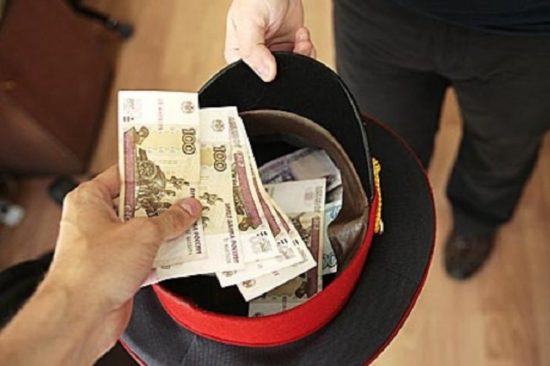
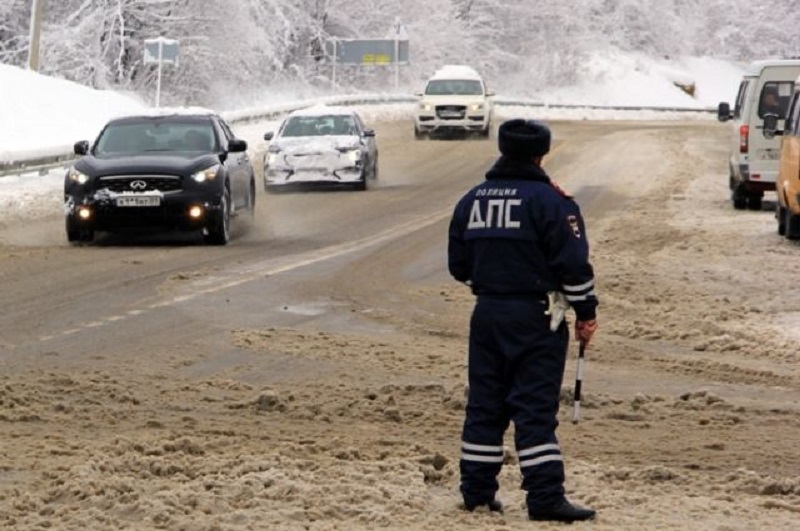
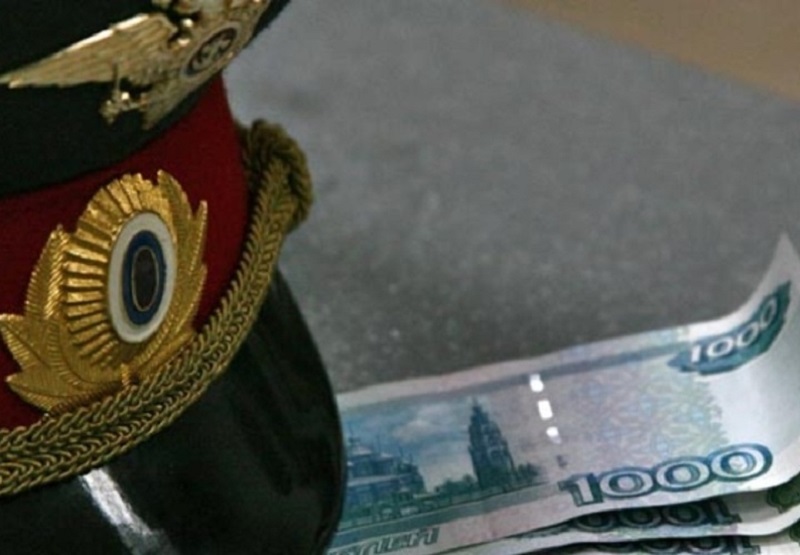
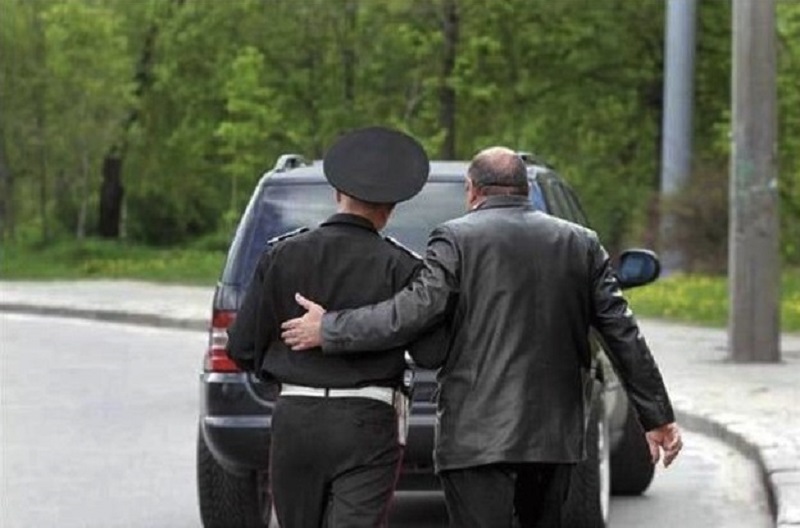
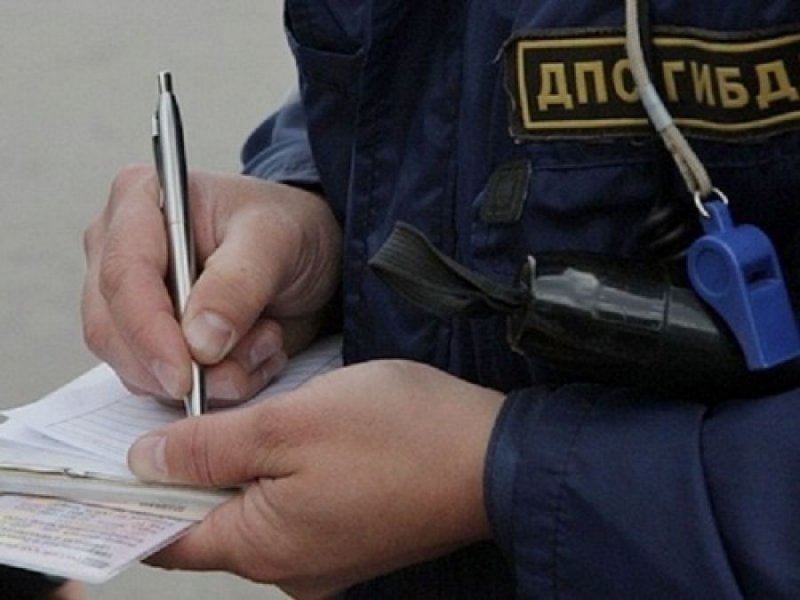
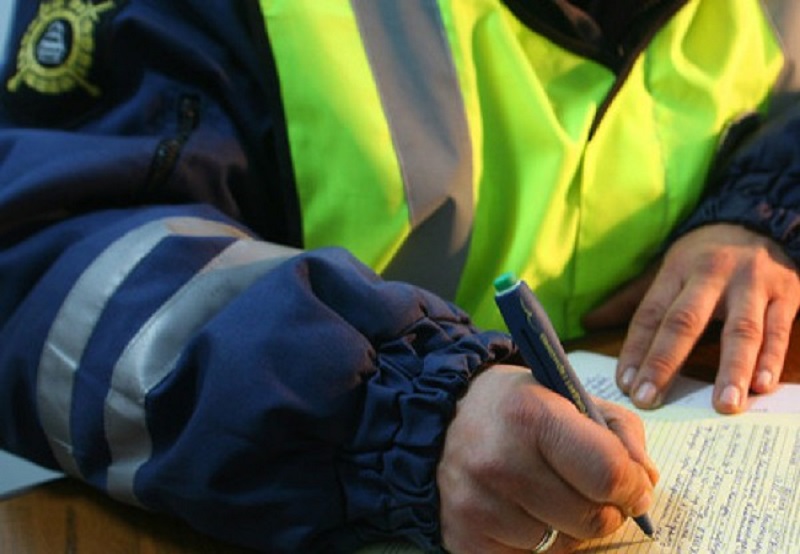
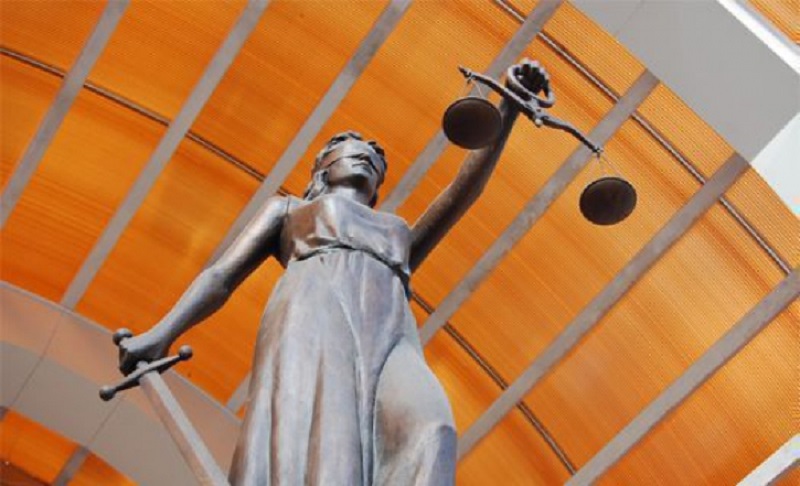
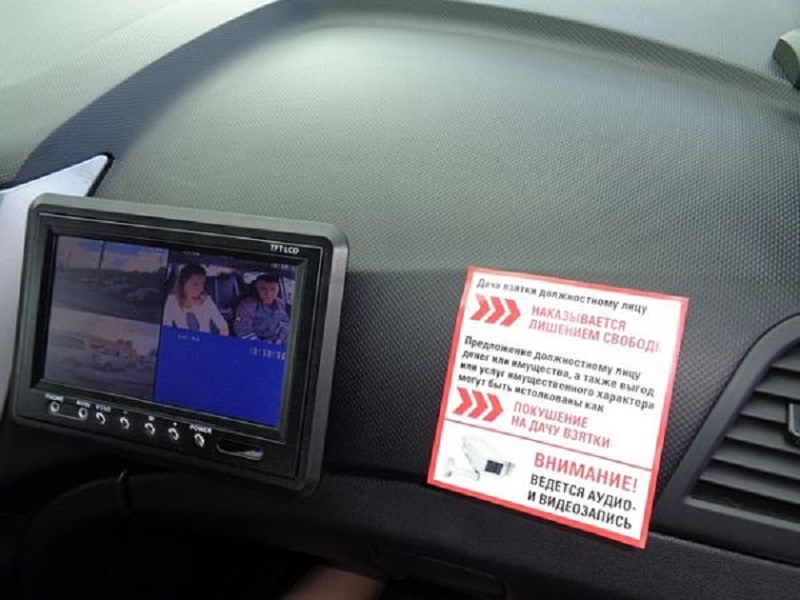
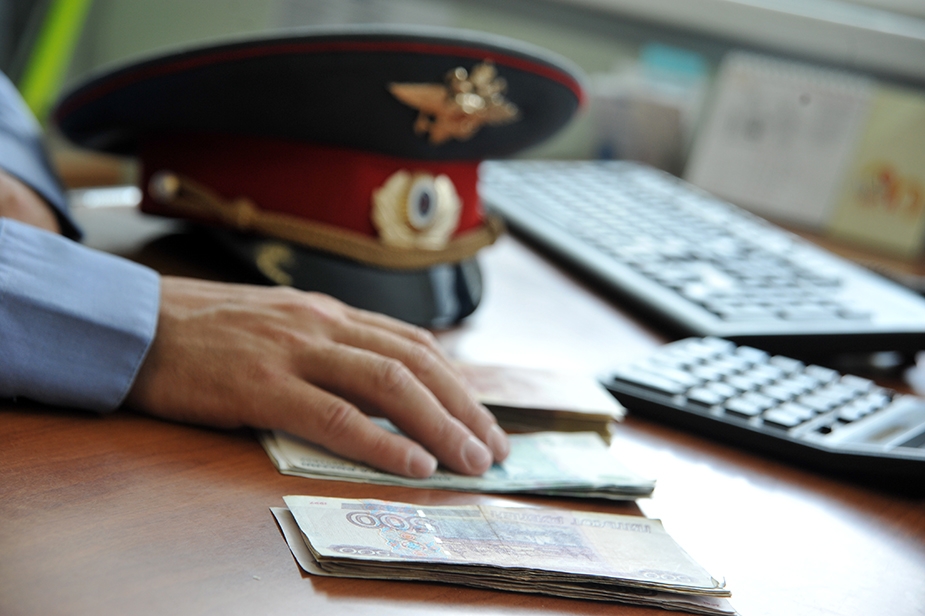
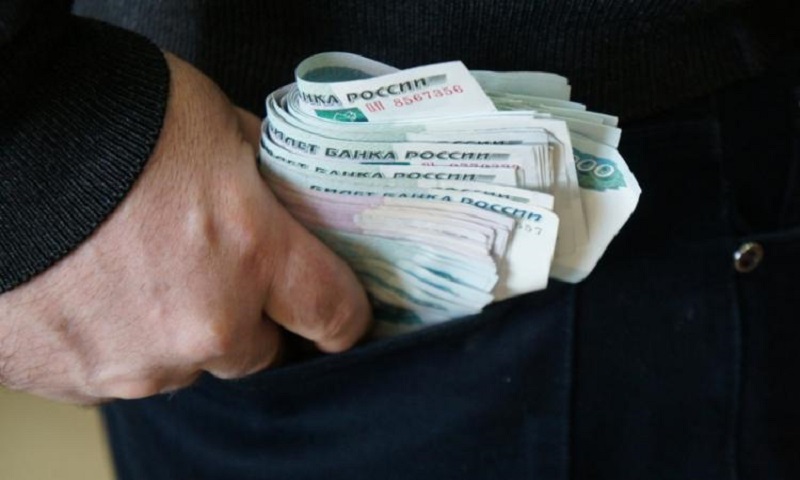
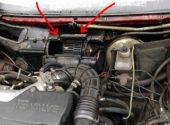





Comments